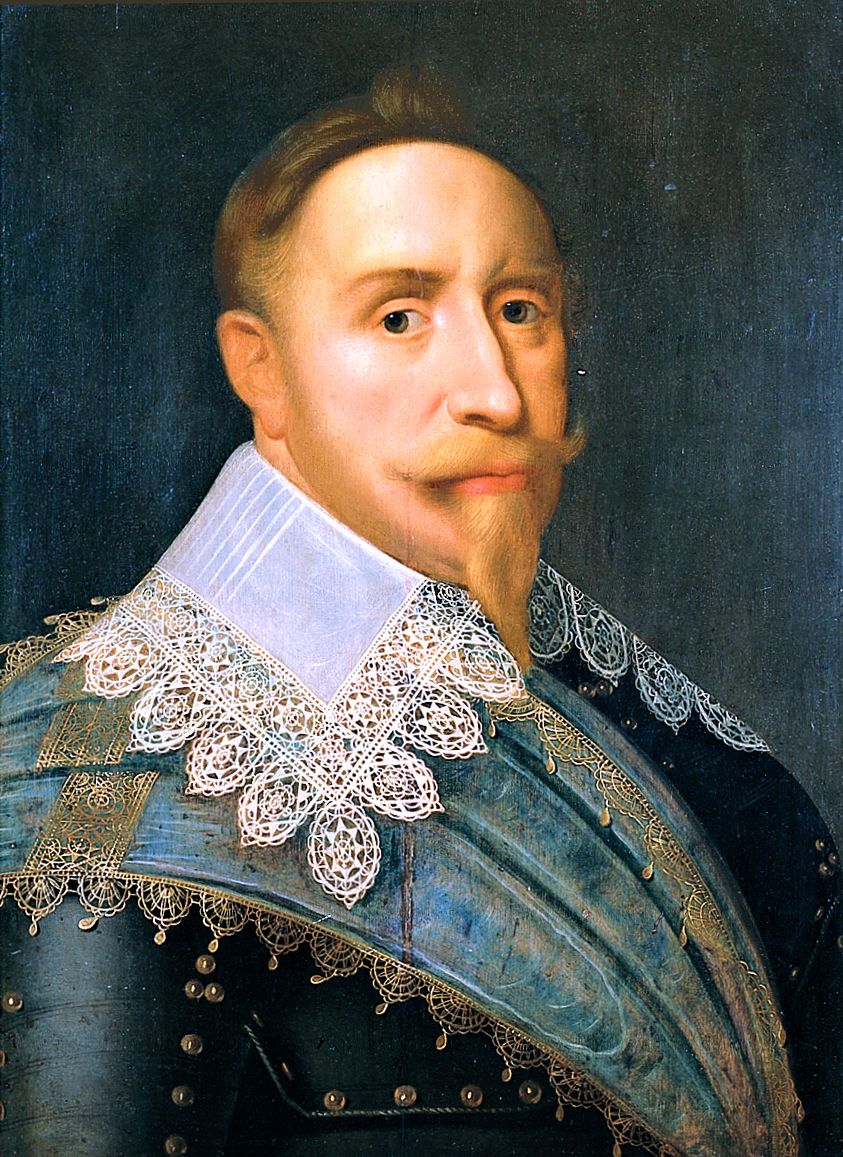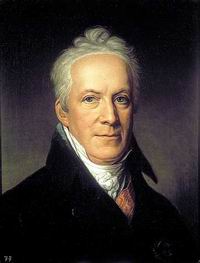|
Western Pomerania (other)
Western Pomerania is an area on the Baltic coast of Poland and Germany. Western Pomerania may also refer to: *Duchy of Pomerania, ruled intermittently by the House of Griffin 1121–1637 *Swedish Pomerania, a dominion under the Swedish Crown from 1630 to 1815 *Province of Pomerania (1815–1945), a Prussian province *West Pomeranian Voivodeship, a modern Polish province *Mecklenburg-Vorpommern, a modern German state See also *Pomerania *Eastern Pomerania (other) Eastern Pomerania can refer to distinct parts of Pomerania: *The historical region of Farther Pomerania, which was the eastern part of the Duchy, later Province of Pomerania *The historical region of Pomerelia including Gdańsk Pomerania, located ... * West Pomeranian dialect {{disambiguation, geo Disambiguation pages to be converted to broad concept articles Pomerania ... [...More Info...] [...Related Items...] OR: [Wikipedia] [Google] [Baidu] |
Western Pomerania
Historical Western Pomerania, also called Cispomerania, Fore Pomerania, Front Pomerania or Hither Pomerania (; ), is the western extremity of the historic region of Pomerania, located mostly in north-eastern Germany, with a small portion in north-western Poland, at the southern coast of the Baltic Sea. Western Pomerania's boundaries have changed through the centuries as it belonged to various countries such as the Duchy of Pomerania (later part of the Holy Roman Empire), Denmark, Sweden, as well as Kingdom of Prussia, Prussia which incorporated it as the Province of Pomerania (1815–1945), Province of Pomerania. Today, the region embraces the whole area of Pomerania west of the Oder River, small bridgeheads east of the river, as well as the islands in the Szczecin Lagoon. Its majority forms part of Germany and has been divided between the states of Mecklenburg-Western Pomerania and Brandenburg, with the cities of Stralsund and Greifswald, as well as towns such as Ribnitz-Damg ... [...More Info...] [...Related Items...] OR: [Wikipedia] [Google] [Baidu] |
Duchy Of Pomerania
The Duchy of Pomerania (; ; Latin: ''Ducatus Pomeraniae'') was a duchy in Pomerania on the southern coast of the Baltic Sea, ruled by dukes of the House of Pomerania (''Griffins''). The country existed in the Middle Ages between years 1121–1160, 1264–1295, 1478–1531, and 1625–1637. The duchy originated from the realm of Wartislaw I, a Slavic Pomeranian duke, and was extended by the Lands of Schlawe and Stolp in 1317, the Principality of Rügen in 1325, and the Lauenburg and Bütow Land in 1455. During the High Middle Ages, it also comprised the northern Neumark and Uckermark areas as well as Circipania and Mecklenburg-Strelitz. The Duchy of Pomerania was established as a vassal state of Poland in 1121, which it remained until the fragmentation of Poland after the death of Polish ruler Bolesław III Wrymouth in 1138. Afterwards the Dukes of Pomerania were independent, and later were vassals of the Duchy of Saxony from 1164 to 1181, of the Holy Roman Empire from 1 ... [...More Info...] [...Related Items...] OR: [Wikipedia] [Google] [Baidu] |
Swedish Pomerania
Swedish Pomerania (; ) was a dominions of Sweden, dominion under the Sweden, Swedish Crown from 1630 to 1815 on what is now the Baltic Sea, Baltic coast of Germany and Poland. Following the Polish-Swedish War, Polish War and the Thirty Years' War, Sweden held extensive control over the lands on the southern Baltic coast, including Pomerania and parts of Swedish Livonia, Livonia and Prussia (region), Prussia (''dominium maris baltici''). Sweden, which had been present in Pomerania with a Battle of Stralsund (1628), garrison at Stralsund since 1628, gained effective control of the Duchy of Pomerania with the Treaty of Stettin (1630), Treaty of Stettin in 1630. At the Peace of Westphalia in 1648 and the Treaty of Stettin (1653), Treaty of Stettin in 1653, Sweden received Western Pomerania (German ''Vorpommern''), with the islands of Rügen, Usedom, and Wolin, and a strip of Farther Pomerania (''Hinterpommern''). The peace treaties were negotiated while the Swedish queen Christina of ... [...More Info...] [...Related Items...] OR: [Wikipedia] [Google] [Baidu] |
Province Of Pomerania (1815–1945)
The Province of Pomerania (; ) was a Provinces of Prussia, province of Prussia from 1815 to 1945. Pomerania was established as a province of the Kingdom of Prussia in 1815, an expansion of the older Brandenburg-Prussia province of Province of Pomerania (1653–1815), Pomerania, and then became part of the German Empire in 1871. From 1918, Pomerania was a province of the Free State of Prussia until it was dissolved following World War II by decree of the Allied Control Council with the de jure abolition of Prussia on 25 February 1947, and its territory divided between Poland and Allied-occupied Germany. The city of Stettin (present-day Szczecin, Poland) was the provincial capital. Etymology The name ''Pomerania'' comes from Slavic languages, Slavic , which means "Land at the Sea". Overview The province was created from the Province of Pomerania (1653–1815), former Prussian Province of Pomerania, which consisted of Farther Pomerania and the southern Western Pomerania, and forme ... [...More Info...] [...Related Items...] OR: [Wikipedia] [Google] [Baidu] |
West Pomeranian Voivodeship
West Pomeranian Voivodeship is a Voivodeships of Poland, voivodeship (province) in northwestern Poland. Its capital and largest city is Szczecin. Its area equals , and in 2021, it was inhabited by 1,682,003 people. It was established on 1 January 1999, out of the former Szczecin Voivodeship (1975–1998), Szczecin and Koszalin Voivodeship (1975–1998), Koszalin Voivodeships and parts of Gorzów Voivodeship, Gorzów, Piła Voivodeship, Piła and Słupsk Voivodeships, pursuant to the Polish local government reforms adopted in 1998. It borders on Pomeranian Voivodeship to the east, Greater Poland Voivodeship to the southeast, Lubusz Voivodeship to the south, the Germany, German States of Germany, federal-states of Mecklenburg-Vorpommern, Mecklenburg-West Pomerania and Brandenburg to the west, and the Baltic Sea to the north.Ustawa z dnia 24 lipca 1998 r. o wprowadzeniu zasadniczego trójstopniowego podziału terytorialnego państwa (Dz.U. z 1998 r. nr 96, poz. 603). Geography and ... [...More Info...] [...Related Items...] OR: [Wikipedia] [Google] [Baidu] |
Mecklenburg-Vorpommern
Mecklenburg-Vorpommern (MV; ; ), also known by its Anglicisation, anglicized name Mecklenburg–Western Pomerania, is a Federated state, state in the north-east of Germany. Of the country's States of Germany, sixteen states, Mecklenburg-Vorpommern Demographics of Germany#States, ranks 14th in population; it covers an area of , making it the sixth largest German state in area; and it is 16th in population density. Schwerin is the state capital and Rostock is the largest city. Other major List of cities in Mecklenburg-Vorpommern, cities include Neubrandenburg, Stralsund, Greifswald, Wismar, and Güstrow. It was named after the two regions of Mecklenburg and Western Pomerania (German: Vorpommern). The state was established in 1945 after World War II through the merger of the historic regions of Mecklenburg and Prussian Western Pomerania by the Soviet Military Administration in Germany, Soviet military administration in Allied-occupied Germany. It became part of the German Democrat ... [...More Info...] [...Related Items...] OR: [Wikipedia] [Google] [Baidu] |
Pomerania
Pomerania ( ; ; ; ) is a historical region on the southern shore of the Baltic Sea in Central Europe, split between Poland and Germany. The central and eastern part belongs to the West Pomeranian Voivodeship, West Pomeranian, Pomeranian Voivodeship, Pomeranian and Kuyavian-Pomeranian Voivodeship, Kuyavian-Pomeranian voivodeships of Poland, while the western part belongs to the German states of Mecklenburg-Western Pomerania and Brandenburg. Pomerania's historical border in the west is the Mecklenburg-Western Pomeranian border ''Urstromtal'', which now constitutes the border between the Mecklenburgian and Pomeranian part of Mecklenburg-Western Pomerania, while it is bounded by the Vistula River in the east. The easternmost part of Pomerania is alternatively known as Pomerelia, consisting of four sub-regions: Kashubia inhabited by ethnic Kashubians, Kociewie, Tuchola Forest and Chełmno Land. Pomerania has a relatively low population density, with its largest cities being Gdańsk ... [...More Info...] [...Related Items...] OR: [Wikipedia] [Google] [Baidu] |
Eastern Pomerania (other)
Eastern Pomerania can refer to distinct parts of Pomerania: *The historical region of Farther Pomerania, which was the eastern part of the Duchy, later Province of Pomerania *The historical region of Pomerelia including Gdańsk Pomerania, located east of Farther Pomerania Terminology The term "West Pomerania" is ambiguous, since it may refer to either Hither Pomerania (in German usage and historical usage based on German terminology), to both Hither and Farther Pomerania combined, or to the West Pomeranian Voivodeship (in Polish usage). The term "East Pomerania" may similarly carry different meanings, referring either to Farther Pomerania (in German usage and historical usage based on German terminologye.g. here Here may refer to: Music * ''Here'' (Adrian Belew album), 1994 * ''Here'' (Alicia Keys album), 2016 * ''Here'' (Cal Tjader album), 1979 * ''Here'' (Edward Sharpe album), 2012 * ''Here'' (Idina Menzel album), 2004 * ''Here'' (Merzbow album), ... (Sheperd Atlas), ... [...More Info...] [...Related Items...] OR: [Wikipedia] [Google] [Baidu] |
West Pomeranian Dialect
Mecklenburgisch-Vorpommersch is a Low German dialect spoken in the German state of Mecklenburg-Vorpommern. It belongs to the East Low German group. In the western parts of the language area it is similar to some West Low German dialects, while the eastern parts are influenced by the Central Pomeranian ''(Mittelpommersch)'' dialect. It differs slightly from East Pomeranian, which used to be spoken widely in the area that in 1945 became the Polish part of Farther Pomerania and included much more Slavic Pomeranian and Kashubian elements. Geography * In former Mecklenburg-Schwerin: Schwerin-Rostock-Wismar-Güstrow * In Western Pomerania: Stralsund-Greifswald-Anklam * In former Mecklenburg-Strelitz: Neustrelitz-Neubrandenburg Grammar Diminutive A striking characteristic of Mecklenburgisch-Vorpommersch is the use of the diminutive A diminutive is a word obtained by modifying a root word to convey a slighter degree of its root meaning, either to convey the smallness of the ... [...More Info...] [...Related Items...] OR: [Wikipedia] [Google] [Baidu] |
Disambiguation Pages To Be Converted To Broad Concept Articles
Word-sense disambiguation is the process of identifying which sense of a word is meant in a sentence or other segment of context. In human language processing and cognition, it is usually subconscious. Given that natural language requires reflection of neurological reality, as shaped by the abilities provided by the brain's neural networks, computer science has had a long-term challenge in developing the ability in computers to do natural language processing and machine learning. Many techniques have been researched, including dictionary-based methods that use the knowledge encoded in lexical resources, supervised machine learning methods in which a classifier is trained for each distinct word on a corpus of manually sense-annotated examples, and completely unsupervised methods that cluster occurrences of words, thereby inducing word senses. Among these, supervised learning approaches have been the most successful algorithms to date. Accuracy of current algorithms is difficult ... [...More Info...] [...Related Items...] OR: [Wikipedia] [Google] [Baidu] |



